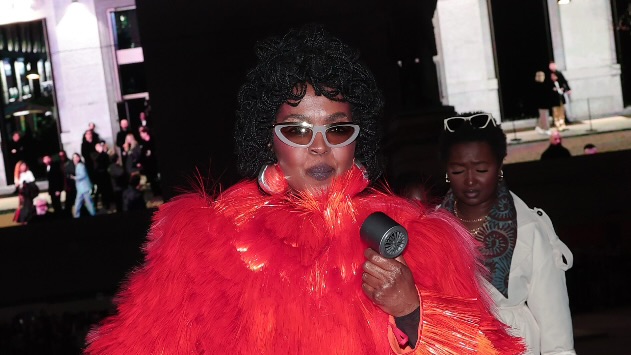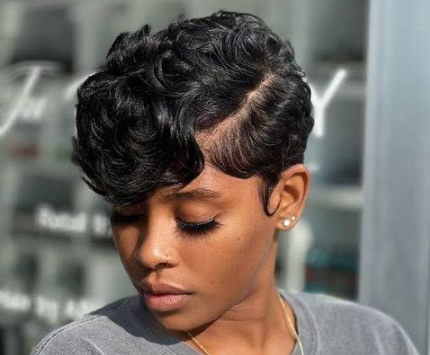In Ethiopia, beauty is more than skin deep, it’s ancestral, intentional, and rooted in centuries-old traditions that are now capturing global attention.
As interest in cultural beauty deepens, the country is emerging as an unexpected yet powerful player in the world of beauty tourism.
At the forefront of this movement is designer and creative Tizita Balemlay, founder of the fashion label Minen, who has become a vocal advocate for celebrating Ethiopian beauty rituals on a global stage. “There’s an entire economy and cultural archive in our braiding styles, skincare practices, and self-care rituals,” Balemlay shares. “People are finally beginning to recognize that Ethiopia isn’t just a historic destination, it’s a beauty destination.”
Hair braiding, in particular, stands at the heart of this resurgence. From intricate shuruba cornrow patterns to the halo-like gofere styles worn by Ethiopian women during religious festivals, braiding has long been both an art form and a cultural marker. These styles are passed down through generations and often tell stories about region, status, or occasion.
Visitors are increasingly traveling to Addis Ababa and other cultural hubs to experience these beauty traditions firsthand, not just as clients, but as students. Salons and workshops now offer immersive experiences where tourists can learn the history of Ethiopian hairstyles and even participate in braiding sessions led by master stylists.
But the appeal doesn’t stop at hair. Ethiopian beauty traditions also include the use of beso bela (an indigenous herb blend) for skin treatments, coffee-infused body scrubs rooted in the country’s iconic coffee ceremonies, and spiritual self-care rituals inspired by Orthodox Christian customs.
Balemlay sees this rise in beauty tourism as a form of cultural reclamation. “When people come to Ethiopia to learn and not just to consume, it shifts the narrative. It brings respect to the beauty workers, many of whom are women keeping these traditions alive under difficult economic conditions.”
As the global beauty industry begins to value authenticity and heritage, Ethiopia’s rituals, long practiced in homes and village salons, are stepping into the spotlight. And with creatives like Balemlay leading the way, beauty tourism in Ethiopia may soon be as iconic as its landscapes and coffee.





